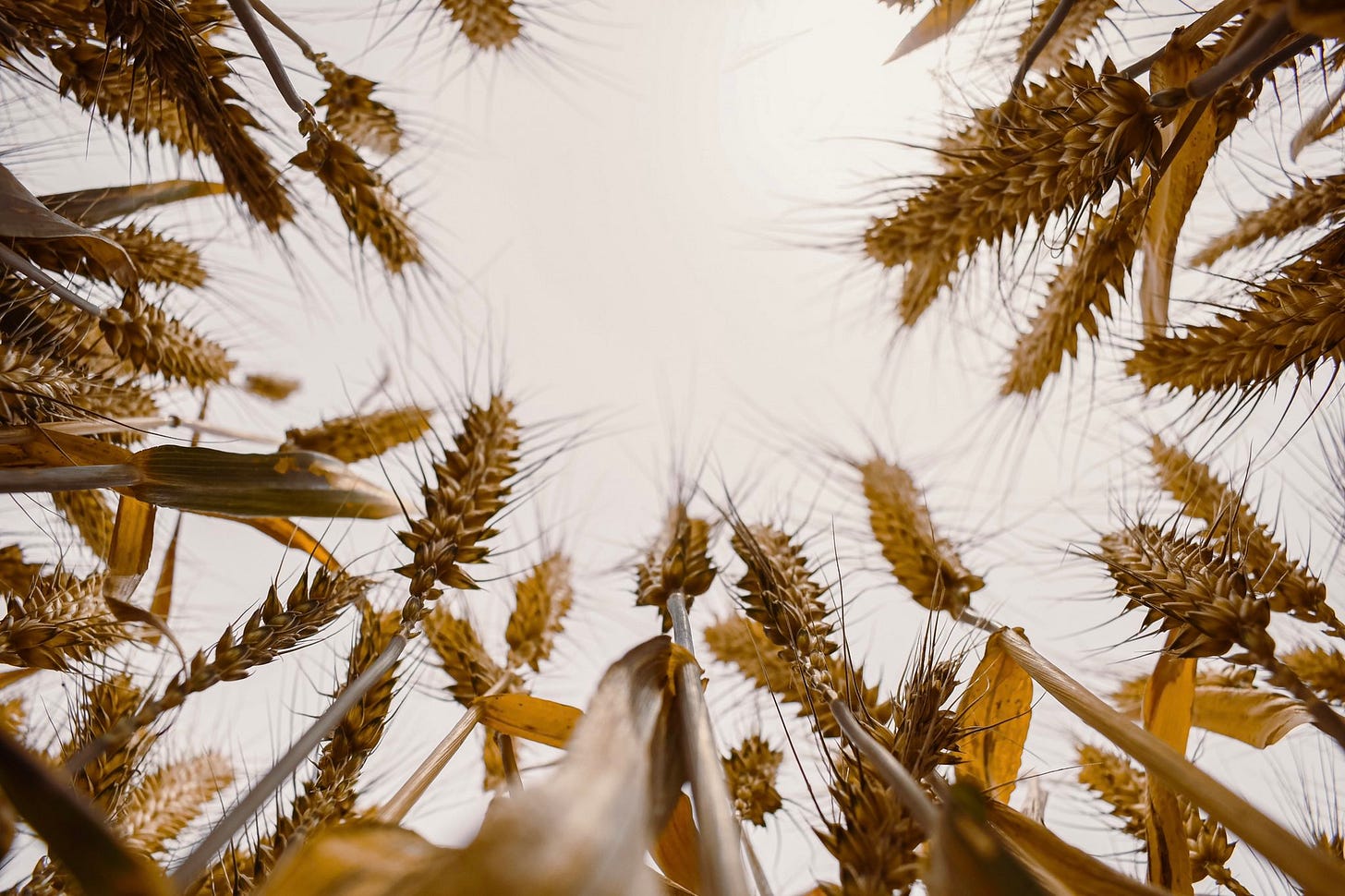Playing chicken in Africa
Is NATO back in the game? Last month, the streets of Madrid were clogged with official cars, conspicuous plainclothes secret service, and motorized policemen riding their bikes in large formations. A large part of the Alliance’s strategic documents from June’s summit remain classified, so it’s hard to tell where things are going from now on - if they are going anywhere at all. Still, signs of change are everywhere.
Boris Johnson was seen taking a stroll in El Prado and posing for photographs next to Tiziano’s equestrian portrait of Charles V. A week later he was resigning from office: like the Habsburgs before him, he too got tangled in Brussels, and pulling out proved to be fatal.
Philip VI Bourbon, King of Spain, was seen embracing Rex Catholicissimus Joe Biden, who is also known for pulling out: classic Catholic behavior. It’s too bad that, while we were still in the hangover of Roe v. Wade’s overturning, Sleepy Joe announced an executive order to “protect reproductive rights”. The Emperor and the Church have a hard time staying aligned, a fact as true now as it was in 1527.
Super Mario Draghi, the banker Prime Minister of Italy, also resigned this month. The next government is likely to stem out of the populist right, which is united in its criticism of post-Christian globalism, but split on the Ukrainian question. It’s likely that Giorgia Meloni, who has publicly denounced the Russian side, will come out on top; her criticism of Putin grants her a respectability parties like Salvini’s Lega lack.
Meanwhile, following the best French traditions in uninterested international cooperation, Macron tried to broker with Erdogan a deal to get Ukrainian grains out of Odessa. Exports bound for a starving Africa have been stalling since the beginning of the war. Right after a groundbreaking deal between Ukraine and Russia (sponsored by Turkey), meant to guarantee said exports, a Russian missile attack seems to have hit one of the silos in Odessa, further enforcing Putin’s reputation as Europe’s unpredictable enfant terrible. Moscow, of course, denies the attack; in any case, the food crisis remains unsolved.
And it isn’t only about grains. In certain African countries, it’s more expensive to grow a chicken locally than to bring it frozen from elsewhere. There’s massive opportunities for the poultry business in the black continent, and everybody is trying to tap into it. Not long ago, Kenyan farmers were complaining about their inability to compete with Ugandan companies, who buy chicken from Turkey and the US (wink, wink), repackage it and sell it for much less to the Kenyan market.
The same with wheat, rice, and food in general. African agricultural production focuses on expensive, delicious exports like cocoa, coffee and vanilla, which it sends unprocessed to Europe and the US. A lot of the money it makes from these specialty goods is then used to buy what people actually feed on: grains and chicken. Or you thoughts Starbucks and Ben and Jerry’s “support Third world farmers” out of concern for inequalities?
A substantial part of the grains consumed in Africa come from Russia. In fact, it’s one of the three most important things the Slavic country brings into the continent. The other two are fossil fuels and security. Famously, both Mali and the Central African Republic are on the process of kicking out EU military advisors, replacing them with guys from Wagner and the like. This, coupled with arms sales to Algeria and Egypt, as well as their participation in the Lybian peace process, have turned Russia into the main arbiter of the region, to the detriment of old powers like France.
It’s usually the lack of these three things (food, energy and security) at the root of the migration issue that dominates European political divides. A looming population crisis, heavily influenced by the influx of migrants, will only accentuate the dilemma for the West. Russia controls the supply of the three Gs (Grain, Gas and Guns), which means it holds levers in all issues downstream, including Europe’s destiny.
It is simply impossible for Europe to close itself off to Russia. By putting Northern Africa into its energy and supply equation, it is only increasing the list of intermediaries. All roads lead eventually back to Moscow, and Western disastrous policies in the last decades are to blame for it. The current strategy of a messy scramble to replace Moscow for Africa is not “diversification” (they will tell you that); it’s just a way to get trapped faster in the quicksand. The feeling that things are deteriorating fast for most European governments is palpable. Expect everyone to jump out of the train while they can.






